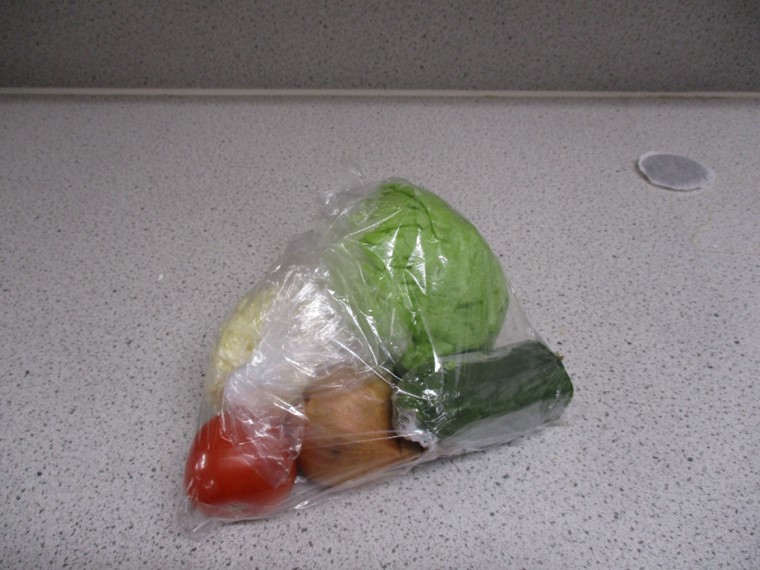Food allergies in prisons: a hidden health risk
When we think about food in prison, allergies and other medical requirements probably aren’t the first thing that spring to mind. But for a number of prisoners, this is a daily concern. Researcher Emma King explores the challenges prisoners can have in accessing appropriate food, and the impact it can have on their physical and mental health.
As someone with coeliac disease I know from personal experience just how hard it can be to access food that is safe for me to eat. People with allergies or intolerances rely on clear labelling, legal protections, and trained staff to ensure their food doesn’t put them at risk. Yet in prison, those safeguards don’t always exist.
What prisoners tell us
We expect prisoners to receive a palatable, varied, healthy, and balanced diet that meets their individual needs. Meals should be stored, prepared and served in line with religious, cultural and other special dietary requirements and conform to hygiene regulations. Proper allergy management is a crucial part of this – clear communication, staff training, and strict protocols protect prisoners’ health.
But in reality, practice often falls short of these standards. In our surveys, many prisoners report being unable to access food that meets their medical or nutritional needs. Conditions like coeliac disease, Crohn’s, or diabetes are not always adequately catered for.
“I have Crohn’s disease and my diet is not right — no help with it at all. Can’t buy fresh fruit or veg, half the food is terrible and wouldn’t feed a 10-year-old.”
“It’s really not enough to feed an adult, and being Type 1 diabetic is not catered for at all.”
“Kitchens need to have more options for dietary needs. I’m losing too much weight due to not being able to eat the right stuff. Canteen: more options for gluten-free and lactose-free.”


Risks in preparation and service
Even when appropriate food is available, preparation and serving practices can pose risks. Cross-contamination, unclear labelling, and poor staff awareness mean meals may not be safe for those with allergies.
“Peanut butter cob [roll] needs to be changed from being offered [if no menu option has been selected]. The standard meal shouldn’t be an allergy! What if you are allergic to peanuts? So it needs to urgently be changed to something that all can eat as new and old prisoners may share that problem.”
Prison serveries – where prisoners serve food to others on the wings – are particularly risky. Poor supervision can lead to allergy protocols and cultural requirements being overlooked. One prisoner shared:
“Health and safety rules are broken. I recently saw the catering manager try to serve beans to someone with a serious egg allergy, after using the same spoon in the scrambled egg.”
The impact of food security
These issues don’t just affect physical health. When prisoners skip meals due to safety concerns, they may rely on canteen items that are nutritionally inadequate or unaffordable – or go hungry.
Food insecurity – whether from allergies or medical requirements – can have ripple effects that go far beyond individual health, such as reduced ability to engage with staff, poor attendance at education or work sessions, difficulty in managing emotions constructively, and increased agitation, frustration, or low mood.
Most prisoners share a cell, and having a reaction to food in a confined space without privacy and immediate access to medical help could put both the affected person and their cellmate in a vulnerable position, with many cellmates unequipped to respond in an emergency.
What needs to improve?
Prisoners with food allergies have the same needs as people in the community, but often much less control over their diet. For some, a mislabelled meal could lead to hospitalisation, or a single spoon used for scrambled eggs could trigger a life-threatening reaction. A lack of safe food options could mean chronic malnutrition, weight loss, and deteriorating health. It’s important that prisons provide the right dietary options to meet medical needs. More needs to be done to monitor food preparation, improve food labelling and ensure supervision and accountability in serveries to reduce cross-contamination risks. Finally, staff need more awareness and training on allergy protocols to make sure they know how to support prisoners to stay safe and well, and how to respond if things go wrong.
